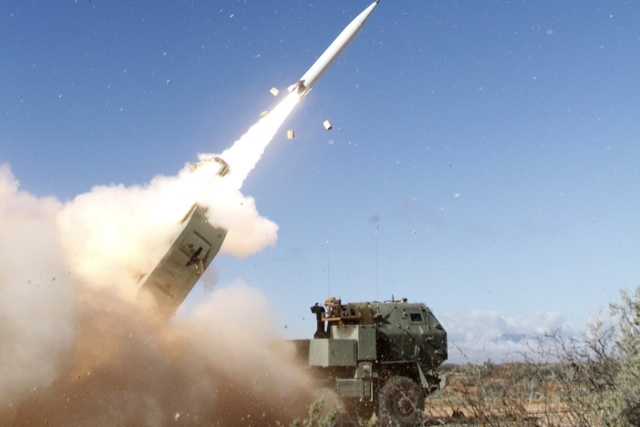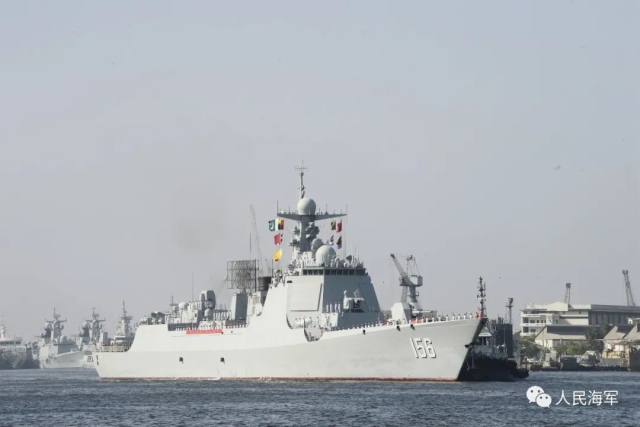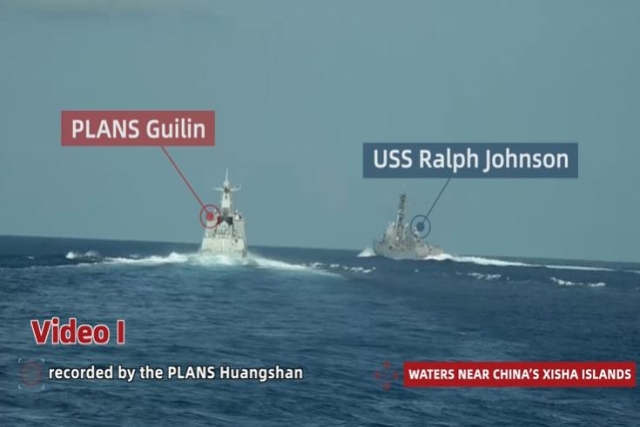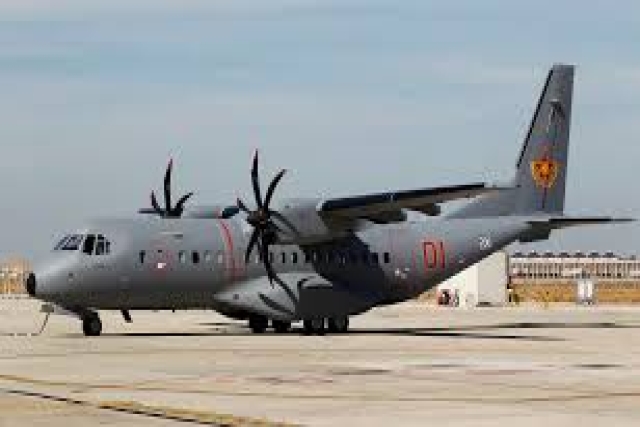U.S. Army Plans to Deploy 499 Km Range PrSM Missile in Asia-Pac to Deter China
Gen. Flynn, USARPAC commander, unveils deployment of new intermediate-range missiles, including limited land-based Tomahawks and SM-6s, in the region next year.

The U.S. Army is poised to deploy its Precision Strike Missile (PrSM) with a range of 499 km and the capability to be fired from a HIMARS launcher in the Asia-Pacific region to counter China's expanding military capabilities.
The PrSM is currently undergoing tests and expected to achieve initial operating capability this year.
PrSM is among new intermediate-range missiles set to deployed by the U.S. Army Forces Pacific in the region next year. USARPAC Commander, Gen. Charles Flynn, announced the deployment of land-based Tomahawk and SM-6 missiles from an undisclosed location to reporters at the Halifax International Security Forum, as per Defense One. This move aims to bolster deterrence efforts against China and its potential invasion of Taiwan.
“We have tested them and we have a battery or two of them today,” Flynn said. “In [20]24. We intend to deploy that system in your region. I'm not going to say where and when. But I will just say that we will deploy them.”
The deployment of land-based Tomahawks, previously restricted under the 1987 Intermediate-Range Nuclear Forces Treaty until the U.S. withdrawal in 2019, marks a strategic shift in response to China's evolving military posture. Gen. Flynn suggested that the Precision Strike Missile might follow, emphasizing its capability to hit targets beyond the reach of the SM-6.
Highlighting China's increasing aggression and military acceleration, Gen. Flynn expressed concerns about the trajectory of China's military capabilities, emphasizing the danger it poses to the region and the world. He refrained from speculating on the timing of a potential Chinese invasion of Taiwan but outlined key factors influencing Chinese leader Xi Jinping's decision-making.
Gen. Flynn identified economic sanctions, efforts to undermine the U.S. network of allies, and China's military readiness as factors contributing to Xi's assessment. The replacement of top generals in China's rocket force and ongoing information operations were highlighted as critical components in gauging the likelihood of a cross-strait invasion. Flynn emphasized the complexity of such an operation, requiring expertise, precision, timing, and significant resources.
Addressing the information war, Flynn stressed the importance of winning the narrative, with a focus on influencing perceptions of the U.S. as a declining power and China as a reliable and ascending power. “They have to win the information war…The U.S. has to be seen as a declining power and unreliable and they are seen as a reliable and ascending power and they have to win that war.”
Taiwanese official Vincent Chao noted ongoing disinformation campaigns aimed at undermining support for the current administration, emphasizing the strategic importance of information warfare in the lead-up to Taiwan's upcoming January elections.













